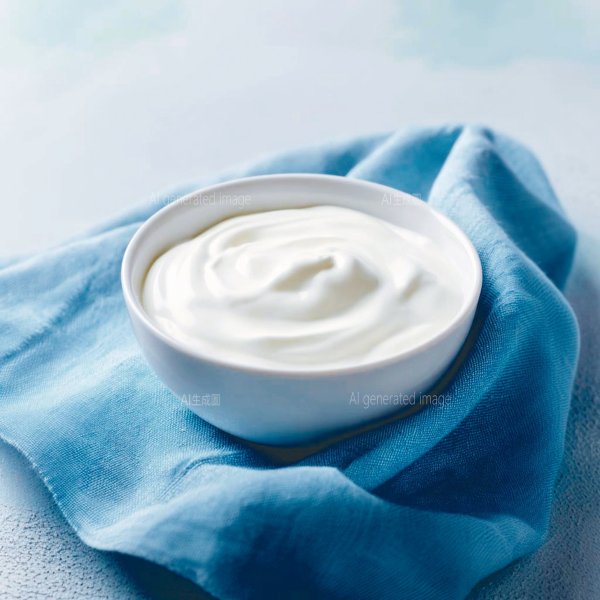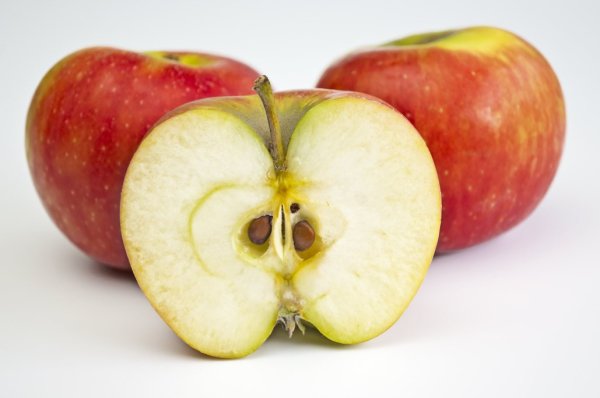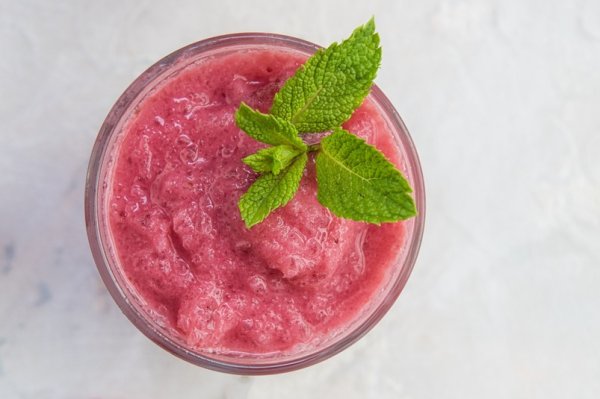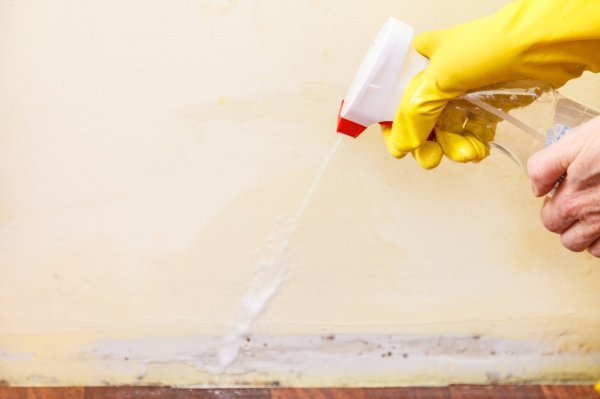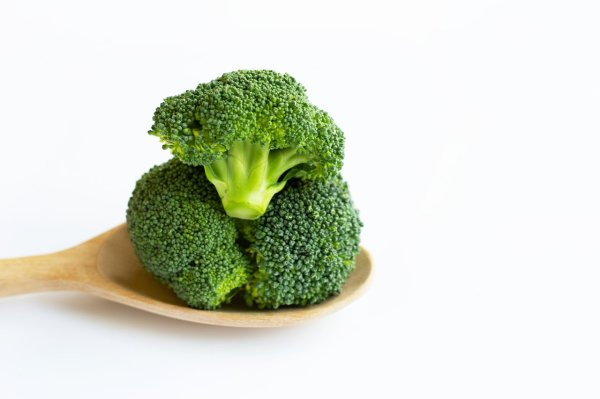Is vitamin supplement D the best investment in physical health? What the doctor said
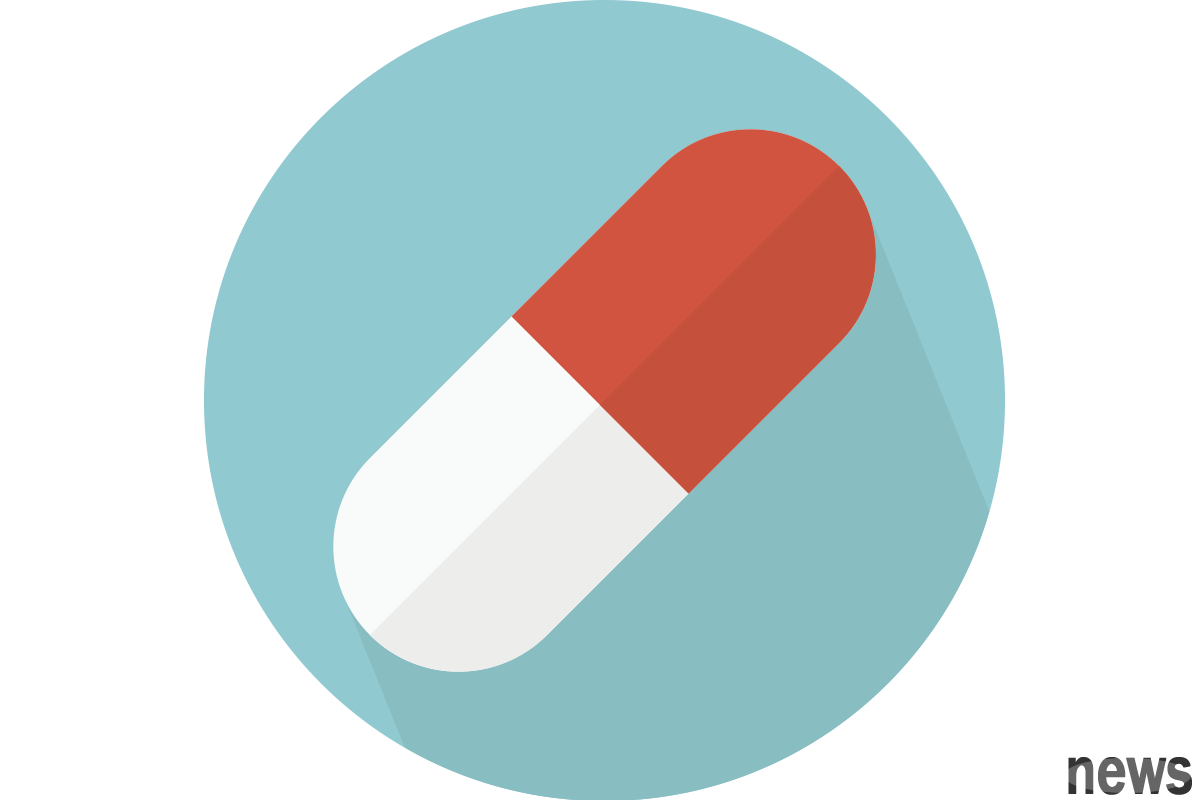
【Text, Pictures/Excerpted from the collection culture "Daily Good D [Real Edition]", author Jiang Kunjun]
Replenishing vitamin D is the highest investment in physical healthI often mention the function of vitamin D, which is different from the bone replenishment concept that everyone thought in the past. In fact, as long as the cells in our bodies have the receiving body of vitamin D, vitamin D will be combined with it in the nucleus to affect the expression of genes. This function is very similar to the hormones in our human body. In the past, we often heard that children should eat vitamin D when they are old, and elderly people should eat vitamin D when they are too lazy. If you often go to my FB or listen to my lectures, you will know that I often say: If you don’t want to get allergies, cancer, and the elderly have a higher chance of dementia than others, at least you should supplement vitamin D to normal.
When it was first promoted, it was often suspected that this principle was because vitamin D accepted the cells in our entire body, so almost all cells were affected by vitamin D Control, its function is so extensive. In addition, each of us has about 3∼ 40,000 genes. After supplementing vitamin D, at least more than 6,000 genes in our body will be affected.
▍Vitamin D After threshing, it is water-soluble and not easy to be poisonedHere, I want to emphasize that vitamin D is not only related to bone protection, but also to many cells in the body, because it is not just a vitamin, it is a substance similar to hormones.
In addition, vitamins can be divided into two types: water-soluble vitamins and fat-soluble vitamins. Water-soluble vitamins are easily soluble in water but not easily soluble in non-ultrasive organic solvents. After absorption, they are very little stored in the body. Excessive amounts will be excreted from the urine and are easily heat-damaged during cooking. Fat-soluble vitamins are easily soluble in non-ultrasive organic solvents but not easily soluble in water. After being absorbed by humans, fat will be stored and the excretion rate is not high. Each vitamin usually involves multiple reactions, so most vitamins have multiple functions.
I often hear many patients asking: "You should not eat too much fat-soluble vitamins. If you eat too much, you will get poisoned. So will you get poisoned if you add too much vitamin D?" In fact, water-soluble vitamins may also be poisoned, but they are not easy to occur because they are quickly excreted from the human body. Take Group B as an example. Many people are crazy about it. Because Group B is related to the stability of the nerves and the boost of the spirit, many people will be crazy about the pain in their whole body or staying up late. But do you know that excessive group B may also cause neurotic inflammation.
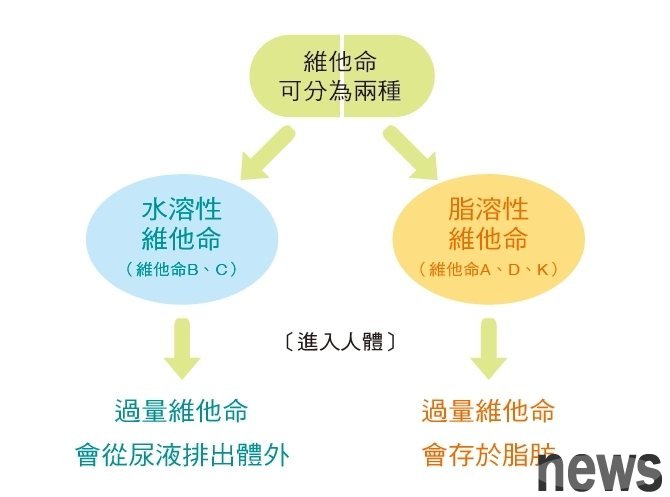
Everyone says that fat-soluble vitamins can be poisoned, such as vitamins A and K, will fat-soluble vitamin D also be poisoned? The answer is: It's very difficult. Because it becomes water-soluble after the human body is deferred, and like water-soluble vitamins, it is excreted from the urine and sweat glands.
{twenty one} {twenty two}
Someone said this: "It is a medicine that is three parts poisonous." Because most drugs are given to the liver and kidneys, eating too much will increase liver and kidney burden. So which organ does Vitamin D be given to? The answer is that vitamin D can act with cells that almost have the ability to thank it. Because vitamin D can act on almost all cells in the body, every cell close to the body can all provide vitamin D.

So even if your liver function is not good, can you supplement your vitamin D? Can! Can I supplement my vitamin D if my kidney function is not good? Can! This is completely different from our past concept of not being eaten and not being eaten. On the contrary, I would encourage these people to take it even more because vitamin D is anti-inflammatory and can reduce the chance of cirrhosis; in addition, supplementing vitamin D can avoid the problem of parathyroid hyperplasia in people with poor kidneys.
 For Vitamin D, unless you deliberately eat a lot, it may take more than 40,000 IU a day. It may take half a year to continue to eat it. In addition, Vitamin D becomes water-soluble after being praised, so it is really difficult to cause poisoning. To achieve Vitamin D poisoning, it requires a lot of it and it takes a long time to continue to eat it.
For Vitamin D, unless you deliberately eat a lot, it may take more than 40,000 IU a day. It may take half a year to continue to eat it. In addition, Vitamin D becomes water-soluble after being praised, so it is really difficult to cause poisoning. To achieve Vitamin D poisoning, it requires a lot of it and it takes a long time to continue to eat it.
Study has 10∼ 17-year-old students, taking 1,400 units of vitamin D3 per week, increased their internal vitamin D concentration from 15 ng/mL to 19 ng/ml; then taking 14,000 units of vitamin D3 per week, increased their vitamin D concentration from 15 ng/mL to 36 ng/mL, and no one was poisoned. Another study was done for 12 patients with polydisease, increasing the vitamin D3 dose from 28,000 units per week to 280,000 units per week, and similarly, no one experienced poisoning (poisoners will have problems with blood or urinary calcification).
The conclusion is: If you want to get poisoned by vitamin D, you really have to work very hard and be enthusiastic!




